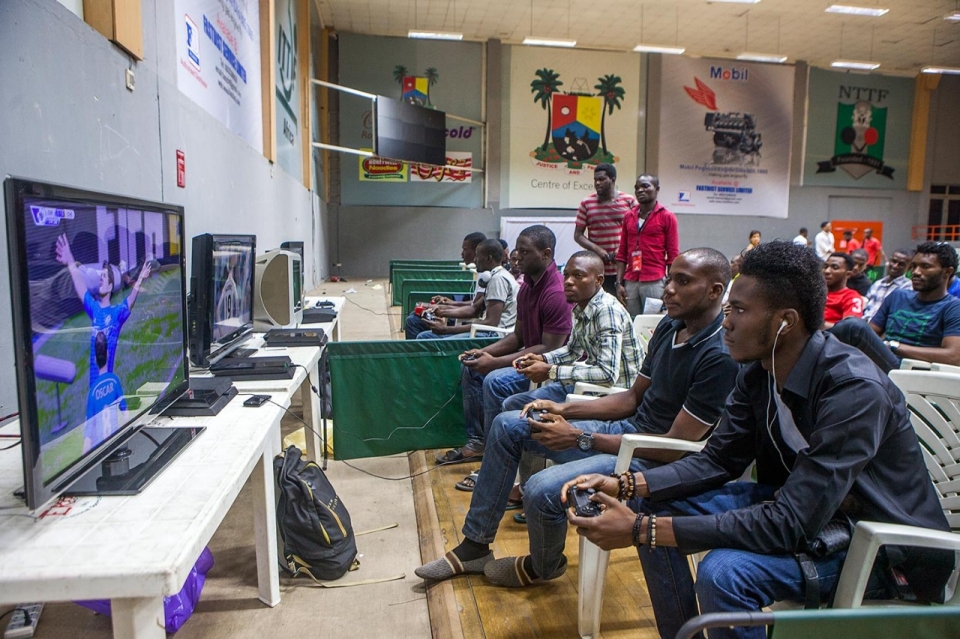[dropcap]A[/dropcap]nalysts claim that gamers will generate over $100 billion in revenue for the gaming industry worldwide by the end of 2016. As such, the gaming industry has become one of the most profitable to-date, with global economies contributing to its success and continued growth. In smaller countries like Nigeria, gaming can have positive impacts on their economies if the right resources are in place to propel it in the right direction. Below, we explore this further and discuss gaming’s potential to be the next big thing for Nigeria’s lagging economy.
Nigeria’s Current Economy
Nigeria plays an interesting and unique role in the entertainment industry across the globe. This country, comprising of approximately 174 million inhabitants, has been struggling immensely with regards to its economic stability. While other sectors have suffered, the entertainment industry has served as a silver lining for the country, propelling its economy out of demise. The entertainment industry grew close to 9% in the last quarter of this current year. Popular Nigerian singers have gained worldwide recognition, industry moguls have garnered reputations within the industry and films have been getting the attention of audiences across the globe. With these positive trends, Nigeria displays much potential for further growth within the entertainment industry.
Nigeria’s Potential in Gaming
Nigeria’s population is relatively young, with 60% of people living there being under the age of 25. This unique demographic offers an interesting potential for growth in an industry which caters to younger populations. Additionally, as of today, close to 20% of Nigerians own a smartphone which also lends a hand to the country’s growth in the mobile market. With the constant launch of new casino sites, Nigerian gamers are quickly becoming regular players in gaming halls on the internet. A young population with a penchant for new technology can grow in the gaming industry, and analysts are seeing that to be the case for Nigeria.
Despite its potential for growth and the demand for it, the gaming industry faces some serious challenges for Nigeria in the coming years. Firstly, game developers require a channel to help them distribute their games to the market and gain exposure. Unlike other forms of entertainment, the gaming industry is lacking in the distribution channels required to mass sell these to the public, which creates an obvious obstacle in terms of growth. Additionally, gaming developers and companies require a sufficient amount of investment from venture capitalists. Without the proper capital to build teams of developers, refine the games themselves and maintain these games, Nigerian gaming companies can quickly stagnate and lose momentum. Producing a game with a global impact requires financial back-up that might be difficult for Nigeria to achieve.
Despite its challenges, Nigeria’s gaming industry is displaying slow and steady growth. With the increase of mobile users as well, Nigeria is sure to display some serious growth in the gaming industry in the coming years. We look forward to see what this young, yet innovative, country has to offer gamers in the near future.







